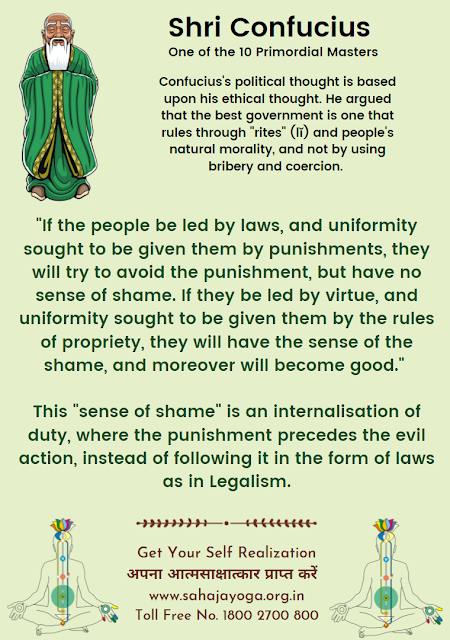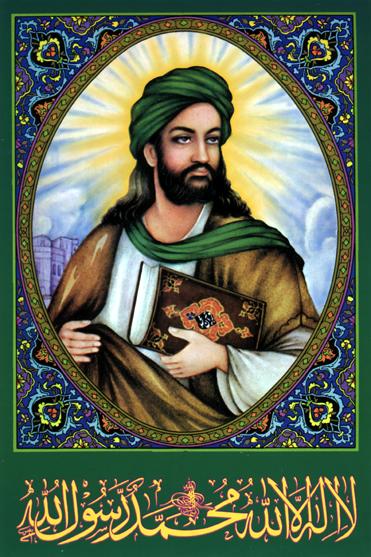Shri Confucius - His philosophical teachings, called Confucianism
Confucius (/kənˈfjuːʃəs/ kən-FEW-shəs; Chinese: 孔夫子; pinyin: Kǒng Fūzǐ, "Master Kǒng"; or commonly 孔子; Kǒngzǐ; 551–479 BCE) was a Chinese philosopher and politician of the Spring and Autumn period who was traditionally considered the paragon of Chinese sages. Confucius's teachings and philosophy formed the basis of East Asian culture and society, and continue to remain influential across China and East Asia today.
His philosophical teachings, called Confucianism, emphasized personal and governmental morality, correctness of social relationships, justice, kindness, and sincerity. Confucianism was part of the Chinese social fabric and way of life; to Confucians, everyday life was the arena of religion.
His followers competed successfully with many other schools during the Hundred Schools of Thought era, only to be suppressed in favor of the Legalists during the Qin dynasty.
Following the victory of Han over Chu after the collapse of Qin, Confucius's thoughts received official sanction in the new government. During the Tang and Song dynasties, Confucianism developed into a system known in the West as Neo-Confucianism, and later as New Confucianism.
Confucius is traditionally credited with having authored or edited many of the Chinese classic texts, including all of the Five Classics, but modern scholars are cautious of attributing specific assertions to Confucius himself. Aphorisms concerning his teachings were compiled in the Analects, but only many years after his death.
Confucius's principles have commonality with Chinese tradition and belief. With filial piety, he championed strong family loyalty, ancestor veneration, and respect of elders by their children and of husbands by their wives, recommending family as a basis for ideal government.





Comments
Post a Comment